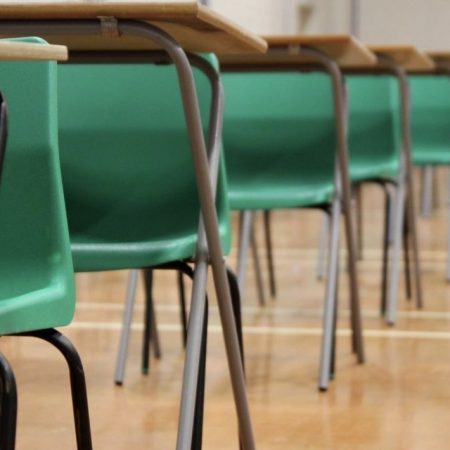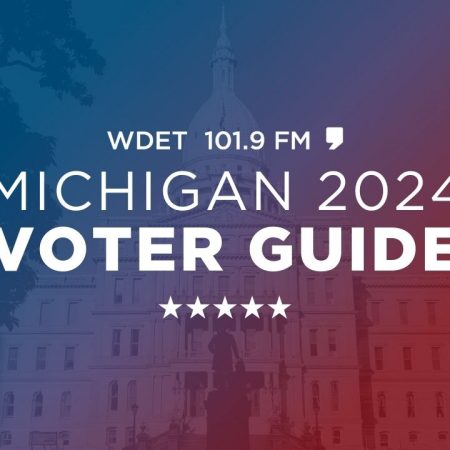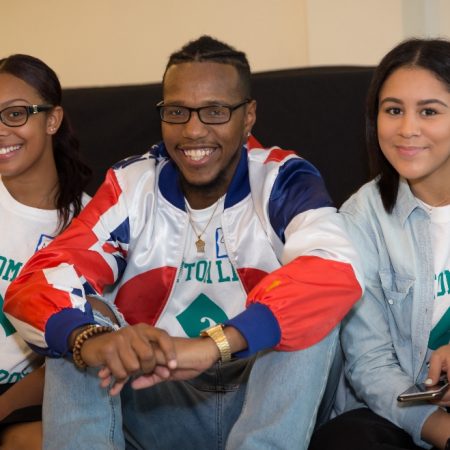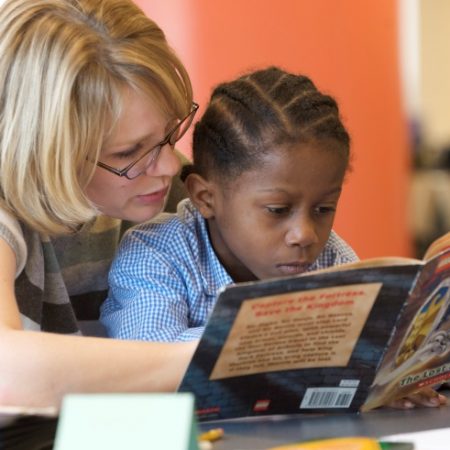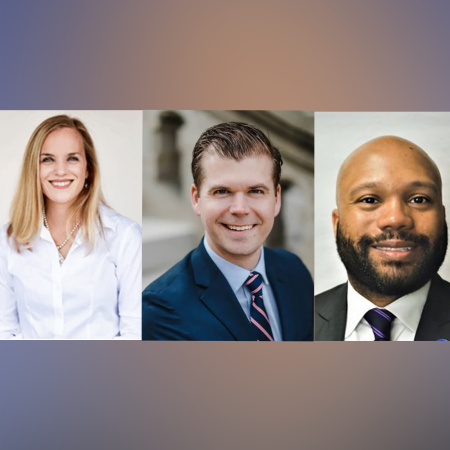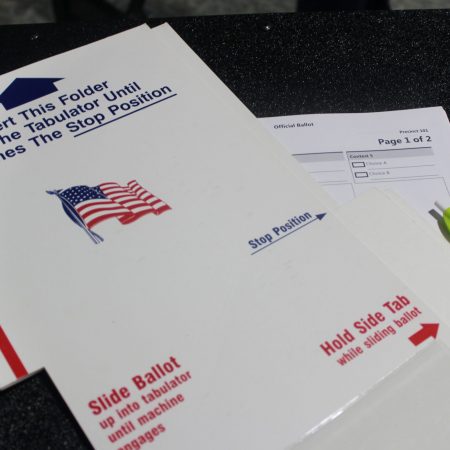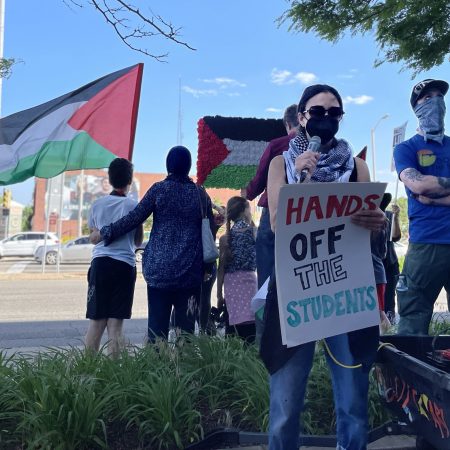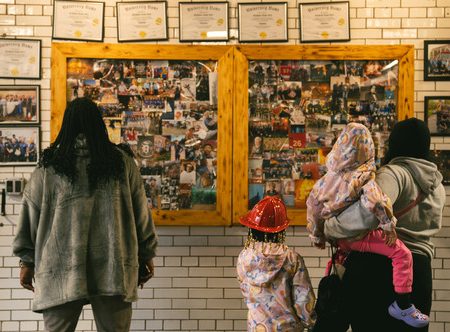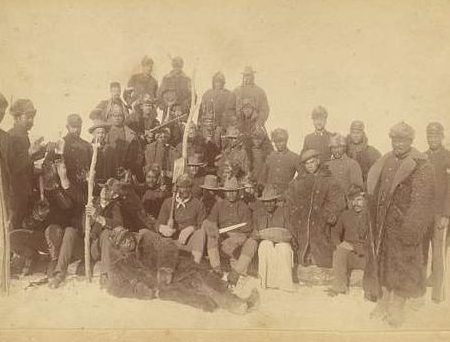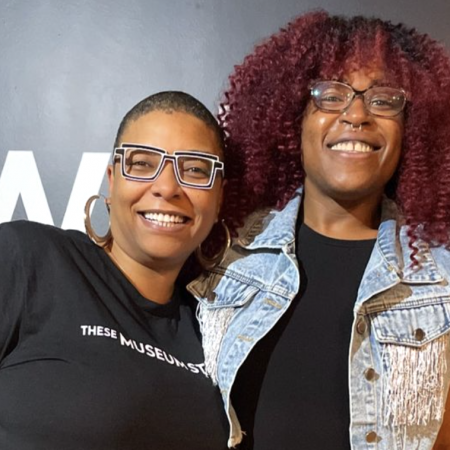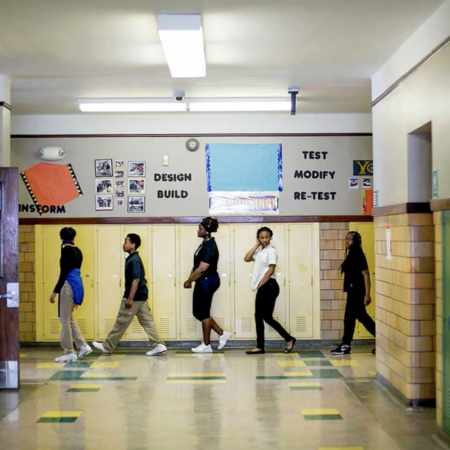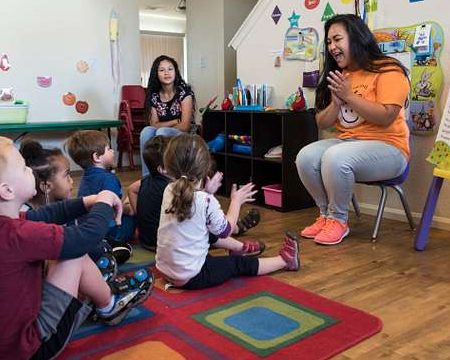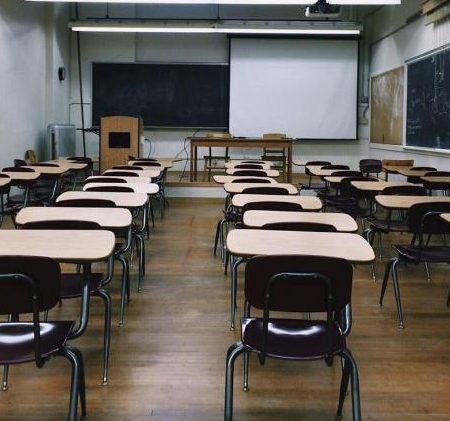What Detroit voters should know about Proposal S, Wayne County Enhancement Millage
There will be two education-related millage proposals on the ballot next week for Detroit residents that, if passed, would have a significant impact on students.
Voters in Wayne County will decide Tuesday whether or not to renew the Wayne County Regional Enhancement Millage, which provides supplemental funding to 33 school districts and over 90 public school academies in the county. If approved, the six-year 1.9812-mill property tax — first approved in 2016 then renewed by voters in 2022 — would be extended another six years, beginning in 2028.
In addition to the Regional Enhancement Millage, Detroiters will see Proposal S — an operating millage renewal for the Detroit Public Schools Community District — on their ballots.
The millage is a property tax for businesses and non-homestead owners only, meaning voters who own or rent their homes would see no increase in their property taxes. If approved, it would help pay off the district’s debt by increasing the millage rate that supports public schools in the city.
In Detroit, that millage rate sits at 16.6 mills (or $16.60 for every $1,000 of taxable value), which is below the standard 18 mills that other districts collect. Under state law, when property values do not keep pace with inflation, the millage rate is rolled back.
Now, voters in Detroit are being asked to increase the rate back to 18 mills. If they do, it would mean roughly $10 million annually for the Detroit Public Schools Community District (DPSCD) that would help the district pay off its legacy debt faster.
Related: Meet the candidates running for 3 seats on the Detroit school board
That debt stems from the school district’s split from Detroit Public Schools in 2016, when the Michigan Legislature created DPSCD to run the city’s public schools. At the time, the district was on the verge of bankruptcy from years of economic peril in the city. Mayoral control and emergency state management deepened the district’s financial hardships.
After that legacy debt is paid off, the district could use the funds to go toward teacher salaries, building and classroom improvements, and other operating costs, according to DPSCD Superintendent Nikolai Vitti.
I sat down with Vitti ahead of the November election to get more insight into Proposal S and the current funding challenges facing the district.
This interview has been edited for clarity and length.
Listen: Nikolai Vitti talks Proposal S, funding challenges in Detroit school district
Nikolai Vitti, superintendent, DPSCD: I think most Detroiters feel that as the city is just starting to see an improvement economically, and, you know, with that improvement in city services and an improvement in a school district, there’s still this underlying feeling that businesses should contribute more with their improvement in the city and their profits in the city to the city’s overall improvement, accelerate that improvement, and I think Proposal S is certainly a way to do that. So in the state of Michigan, every school district is required to tax at 18 mills. That tax is mainly a business tax, but because the city economics has improved over the past couple of years, more revenue is being generated. With that revenue, there’s been a roll back on the mills from 18 mills to 16.6 mills, because essentially, you’re generating more revenue because property values have increased. On the surface, that sounds harmless, but to the district, it’s a loss of revenue of about $10 million a year. So by reestablishing the mills at 18 mills, it ensures businesses pay their fair share in the city’s overall improvement. In the district’s improvement, the district will generate $10 million more in revenue each year. That money is completely flexible and fungible, and it will mainly go to continue to increase teacher salaries and improved facilities, because general fund dollars, through this proposal in particular, is the only way you can pay teachers. You can’t use federal funds to do that.
Robin Vincent, WDET: But first, the money will be going toward the legacy debt. Correct?
NV: Correct. Detroit is still paying two sets of debt, if you will. There’s an 18 mill debt, and then there’s a 13 mill debt, which homeowners are paying based on a construction bond in the early 2000. So we’re just about done paying off the 18 mill debt. That’ll be done by March of 2025, but we still have quite a bit to pay off on the 13 mill debt, but we’re able to accelerate that payment by passing this proposal.
RV: Now something I’ve heard you talk about a lot during school board and committee meetings is the fact that Detroit public schools are not equitably funded in comparison to other districts. How inequitably funded are they?
NV: In Michigan, every school district is required to tax at 18 Mills, and so back about two decades ago, something called Proposition A was passed by the legislature, and the positive part of Prop A was it created a floor in per pupil funding, so it guaranteed that in Michigan, regardless of where your child grows up and where they attend school, that at minimum, they will be provided a certain amount of dollars for their public education. That minimum amount this year is about $9,608 and so every district taxes at 18 mills. Once they collect that tax, if they’re below $9,608 then the state makes up the difference in state aid, so that it ensures a floor that’s positive.
The negative of this formula is that if you generate more than $9,608, you keep those dollars. So districts like Ann Arbor, Birmingham, Farmington, Romulus, River Rouge, Troy, West Bloomfield, are examples of districts that generate more than $9,608. Specifically Birmingham, Bloomfield Hills and Southfield, if you average those three, they actually generate $3,464 more per student than Detroit does. And as we all know, those districts border Detroit. So this creates great inequity in that those districts not only have more per pupil than DPSC does, but those dollars are completely fungible flexible, so you can apply them to anything, from teacher salaries to facilities to sport programs to after school programming. And so this creates a big issue for us when we’re trying to recruit and retain mainly teachers, special ed, special education teachers specifically, but it’s also about programming for students.
RV: I’d like to shift our focus before I let you go and discuss one of the most pressing issues that’s facing Detroit students and many children nationwide. I’m sure you know what I’m about to say, it’s chronic absenteeism. Roughly 65% of Detroit public school students missed more than 10% of school days last school year. Tell me about the ways the district is trying to address this problem, and what more you think needs to happen, more broadly?
NV: It’s one of our greatest challenges, and I name it as one of our greatest challenges, because what we’re definitely seeing in DPSCD is an improvement in student achievement. When you look at state test scores, we’re improving, especially since the pandemic, at a faster rate than the state on average, even suburban school districts. And when you look at our performance versus larger urban school districts throughout the country, we’re improving more in that above grade level performance since the pandemic than those districts as well. Our challenge is chronic absenteeism. When DPSCD students miss 18 or fewer days, they’re actually three to five times more likely to be at and above grade level in reading and math and to be college ready, defined by the SAT in 11th grade. So attendance matters because it is directly impacting student achievement. So we’re improving, but we need to accelerate that improvement with even higher numbers, and I think the best way to do that is by improving attendance. As you mentioned last year, 65% of our students missed 18 or more days of school. That’s actually an improvement since the pandemic, but we’re still not at levels even where we were before the pandemic, and that’s a challenge across the nation, not only in DPSCD, but our way of working on this is one, creating more awareness about attendance. I think a lot of our families, especially those with younger children, still think it’s okay to miss, let’s say a day of school once a week, or once every two weeks. So just trying to change the level of awareness and understanding of how absenteeism affects achievement. But beyond that, the greatest challenge that we have in DPSCD is concentrated poverty, and what that means is that we have families that are working multiple jobs. They’re trying to just get through life, and life issues are getting in the way of coming to school every day. We’re prioritizing attendance every day. So DPSCD, through philanthropic funds, excited that we have already started to implement our health hubs throughout the city. We provide free medical, dental, vision, mental health support. We also have family resource centers where we’re providing canned goods through pantries, getting uniform help, help with evictions, help with immigration services. These are all ways to address the concentration of poverty issues that our families are facing that leads to high levels of absenteeism.
RV: You’d like to see fundamental change to the way Detroit schools are funded on multiple levels. Is there any other way you see to address this big disparity?
NV: One is greater flexibility with federal money and state grants. The state did — for the first time after heavy lobbying — create some flexibility with what’s called 31a money, which is given for at-risk concentrated poverty, and so we are now putting some of the flexibility into teacher salaries with our most recent agreement. So that’s a sign of progress and one step in the right direction. But more than that, we got to get to a point where we’re not talking about a floor with per pupil funding, but a ceiling. You know, what is the right ceiling? I believe the right ceiling is placing it on the wealthiest school district, which probably would be Bloomfield Hills, that $13,443 per student, and so that all districts are minimally funded at that level, which would be the new floor. That would be one way to solve this. The other way to solve this is to move to a weighted student formula, where students in concentrated poverty, English language learners, special needs students, receive more per student than the average student.
Trusted, accurate, up-to-date.
WDET strives to make our journalism accessible to everyone. As a public media institution, we maintain our journalistic integrity through independent support from readers like you. If you value WDET as your source of news, music and conversation, please make a gift today.
The post What Detroit voters should know about Proposal S, Wayne County Enhancement Millage appeared first on WDET 101.9 FM.
